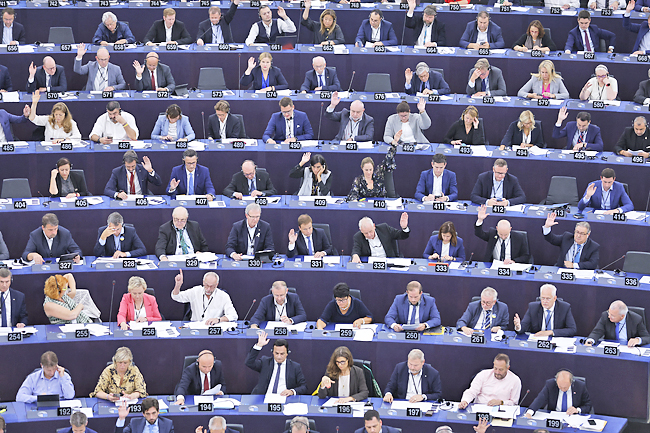BRUSSELS (AP) – European Union (EU) lawmakers yesterday adopted new legislation aimed at guaranteeing “decent” minimum wages for workers across the 27-nation bloc.
The vote – with 505 in favour, 92 against and 44 abstentions – came as inflation and skyrocketing energy bills left many households struggling to make ends meet.
Minimum wages across the EU vary, and setting a minimum remains a competence of member countries. The highest minimum wages are in Luxembourg, Ireland and Germany, the lowest in Bulgaria, Latvia and Estonia, according to EU data.
Under the new law, member countries will have to guarantee “that their national minimum wages allow workers to lead a decent life, taking into account the cost of living and wider pay levels”, the Parliament said.
The legislation will apply to EU workers who have an employment contract or employment relationship. EU governments will have two years to comply with the legislation once it is formally approved by the European Council, likely later this month.
“Prices for groceries, energy bills and housing are exploding. People are really struggling to make ends meet. We have no time to waste, work must pay again,” said lawmaker from the Socialists and Democrats group Agnes Jongerius.
The law would also boost collective bargaining for pay in countries where fewer than 80 per cent of workers are covered by the process.





